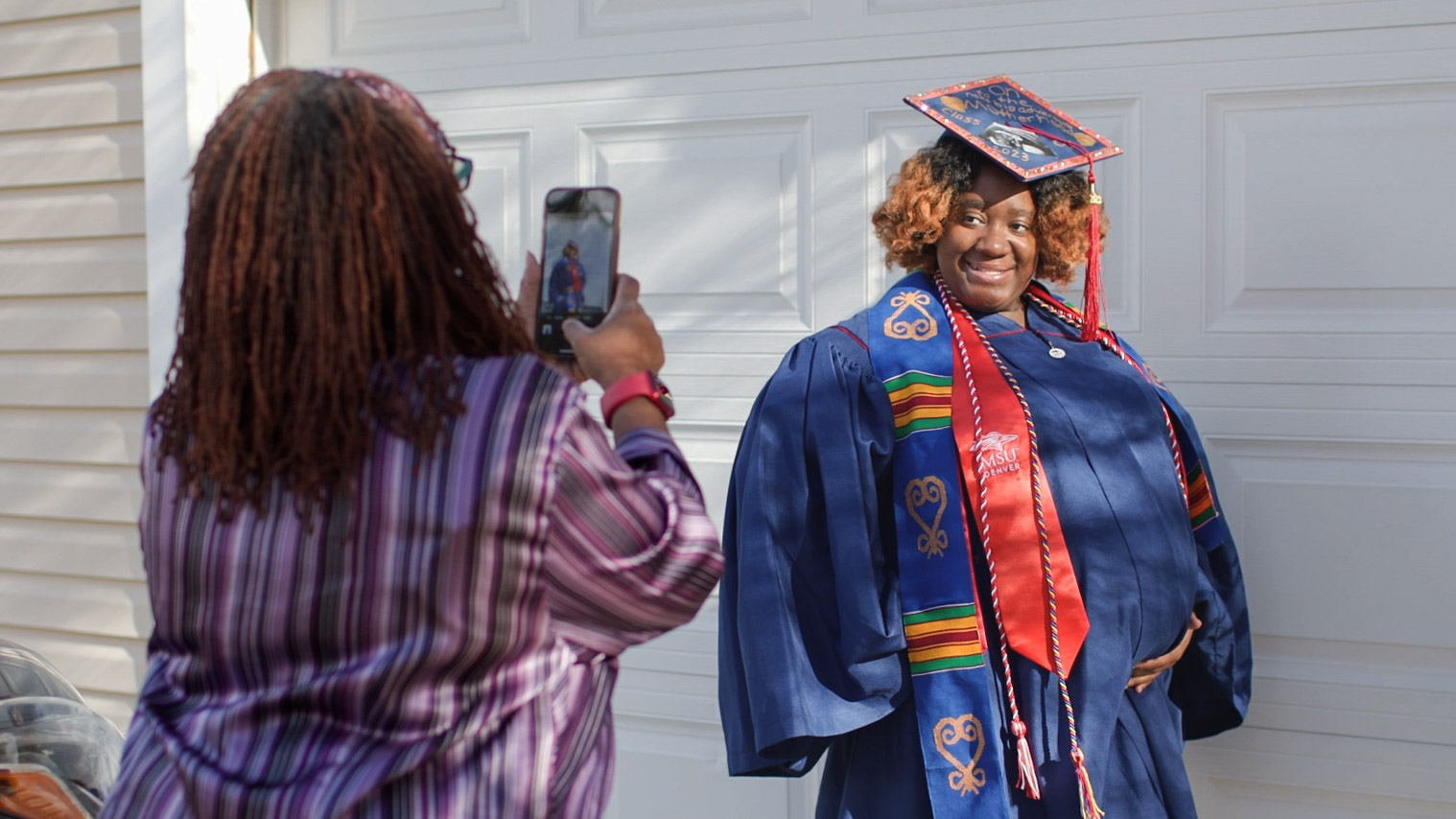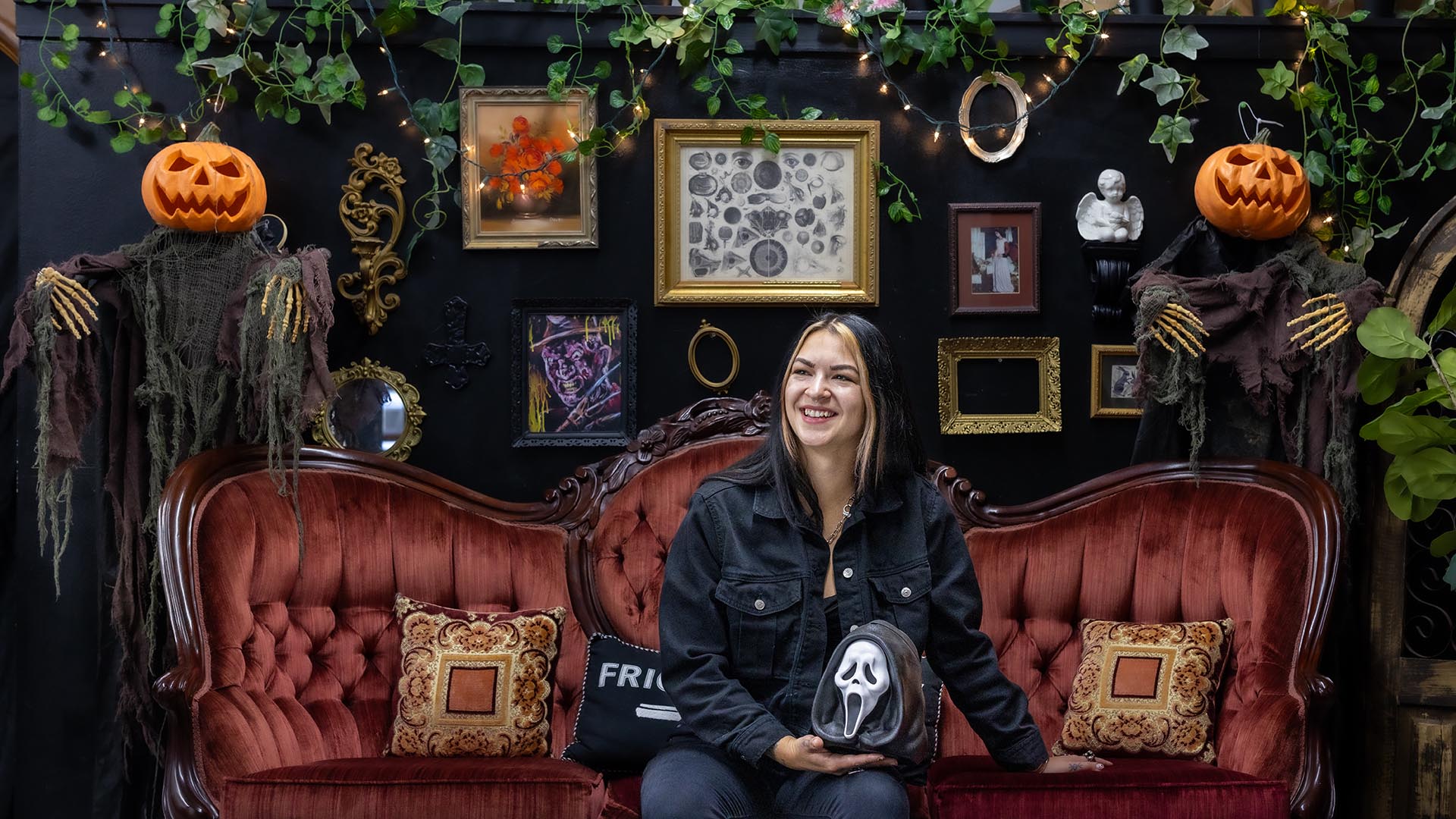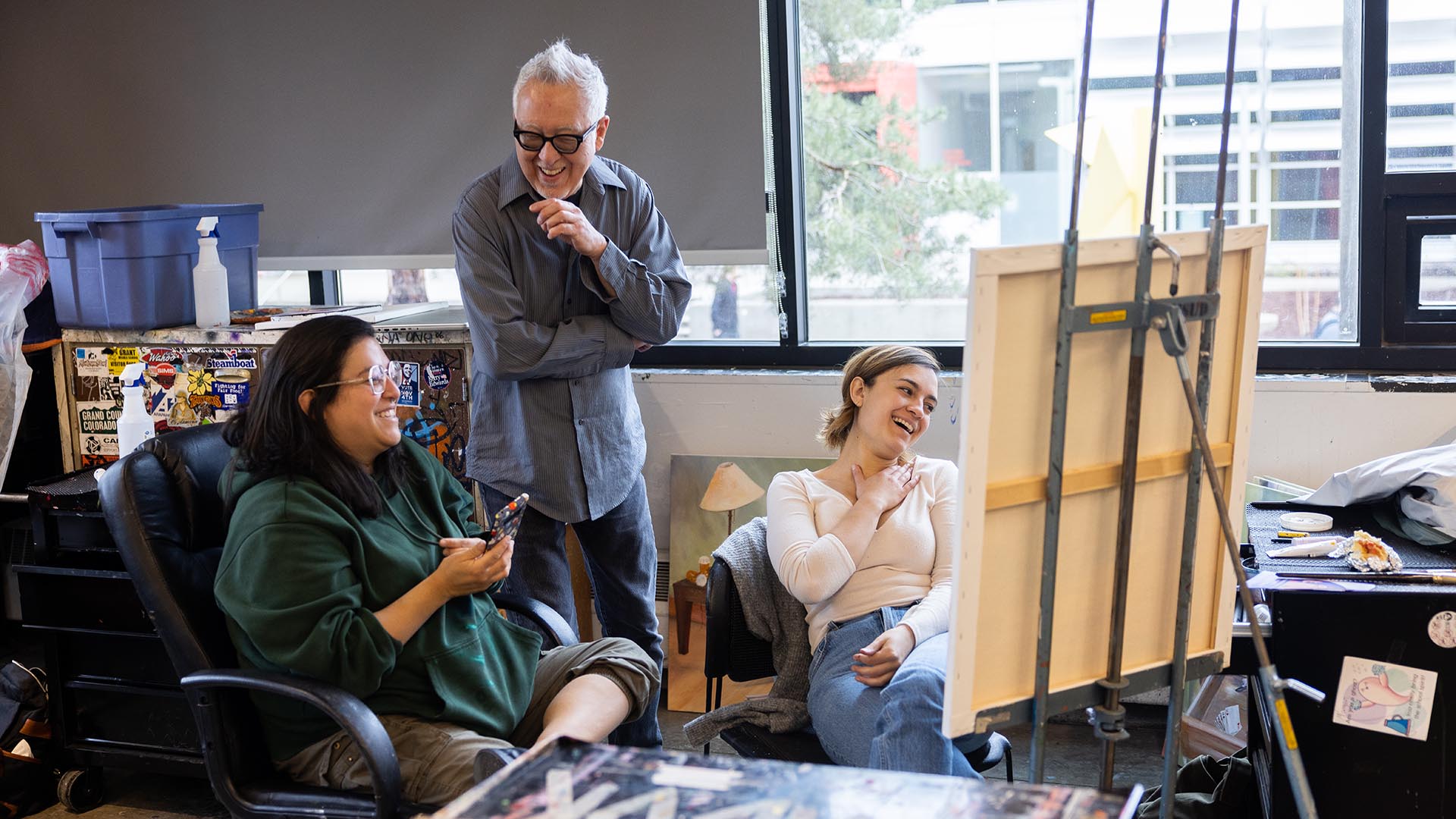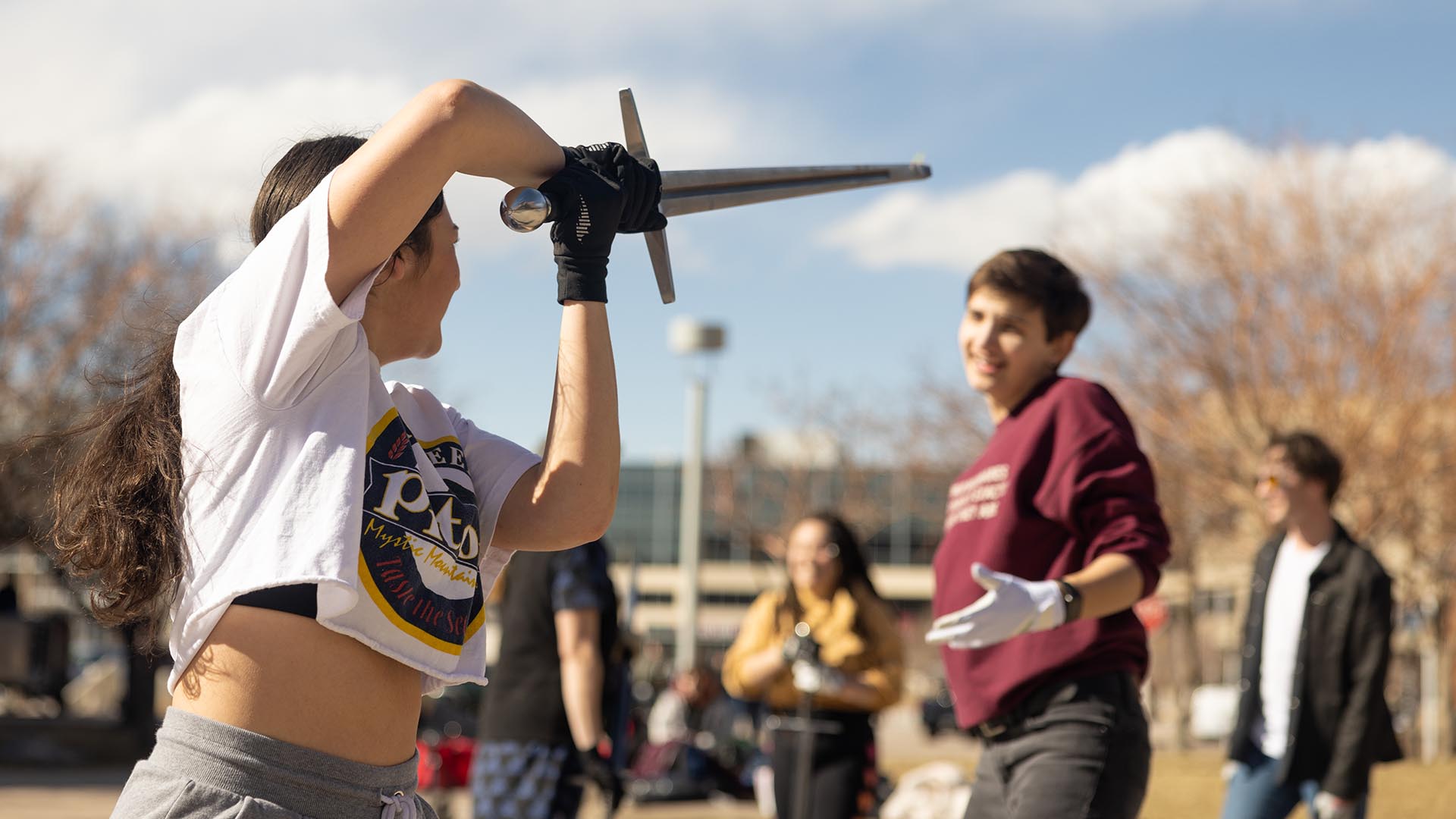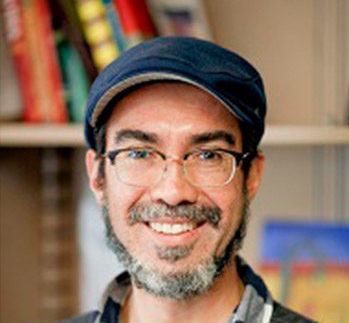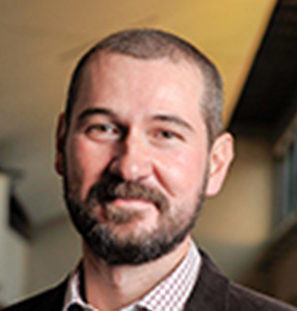VIDEO: Flamenco fusion
What happens when two rich musical styles merge? New Bojaira's unique flamenco-jazz sound. Here's how the interdisciplinary magic happens – and where you can hear them in Denver.
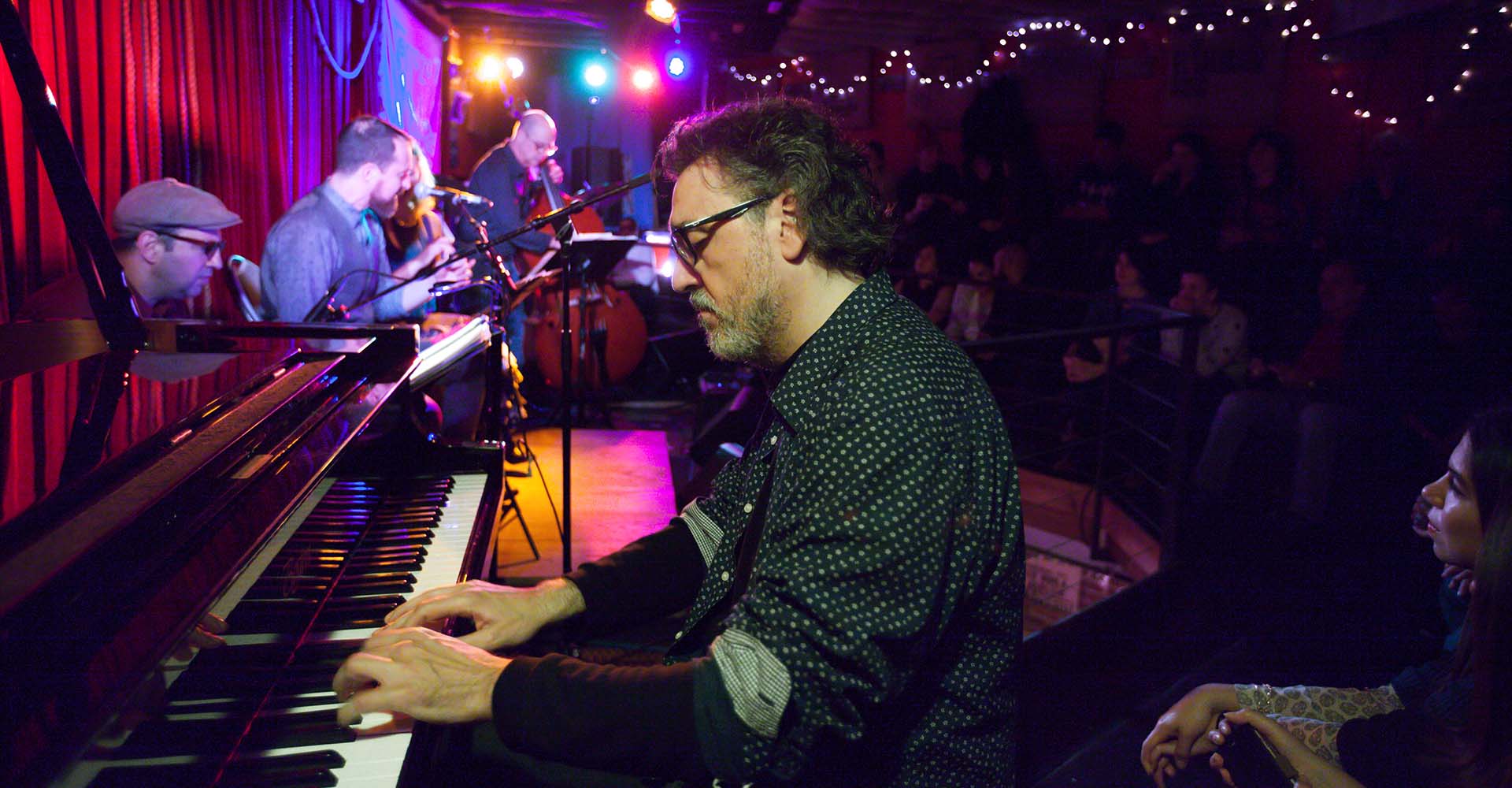

Jazz and flamenco music each have their own defining characteristics.
Growing out of African American communities in New Orleans around the turn of the 20th century, jazz is recognized as a quintessentially American art. Flamenco is the sound of southern Spain, bringing a romantic aesthetic that often extends to the eponymous dance style it birthed.
But when brought together, the results can be harmonious.
“Both those musical genres are essentially fusions,” said Jesús Hernández, pianist for New York- and Spain-based New Bojaira. “We find mixed harmonies and rhythms in those two music styles from different origins. It is only logical that they would eventually come together.
D-phi events this semesterLiyana D-phi at the DAM: The Photons and Philosophy A Doll’s House D-phi at the Denver Film Festival: Multidisciplinary Conversations They Shall Not Grow Old Culture, Capitalism and Critique Keynote Lecture: Simon Critchley
|
|
The group brings its hybrid mix of jazz and fusion to Metropolitan State University of Denver Thursday for a 7:30 p.m. performance in the King Center (free for MSU Denver students, tickets at link); there will also be a 2 p.m. discussion in the MSU Denver Center for Advanced Visualization and Experiential Analysis theatre. MSU Denver’s Honors Program is the primary sponsor, with co-sponsors including the Denver Project for Humanistic Inquiry (D-phi), the Department of Modern Languages, the Department of Music, Undergraduate Studies and the Golda Meir Center for Political Leadership.
The event marries the “complex syncretic musical forms” that arose and are sustained with respect to the histories of regions and peoples, said Adam Graves, Ph.D., D-phi director.
“This play of tradition and creativity not only delights us, but like all great arts, it also gives voice to dimensions of human existence that might have otherwise remained concealed to us,” he added. “In this way, this music serves as a kind of analogue to humanistic inquiry in general, in both its critical and creative capacities to enrich our lives by shedding light on the sort of beings that we are.”
The interdisciplinary confluence fits well with New Bojaira, which incorporates works from writerly giants such as Cervantes and Lorca into its compositions.
“Literature and music are both artistic expressions that seek beauty,” Hernández said. “When they go hand in hand, they strengthen one another and can get much deeper the message of what it is being said, the emotion that’s being conveyed.”
Experimentation can yield wonderful new results, whether it’s the proto-fusion of these forms found in the airy solos from Miles Davis’ closing modal track on the seminal “Kind of Blue” or the acoustic mastery of Al di Meola, John McLaughlin and Paco de Lucía. The key is a rich dialogue, celebrating the heritage of both forms and the fusion of the new.
“Both of them open paths for improvisation and creating spontaneous moods and energies,” Hernández said. “On the other hand, we need to respect the most important traits of each of them.”
The Honors Thesis Symposium takes place Dec. 6. See sidebar or click here for more information on D-phi events.

